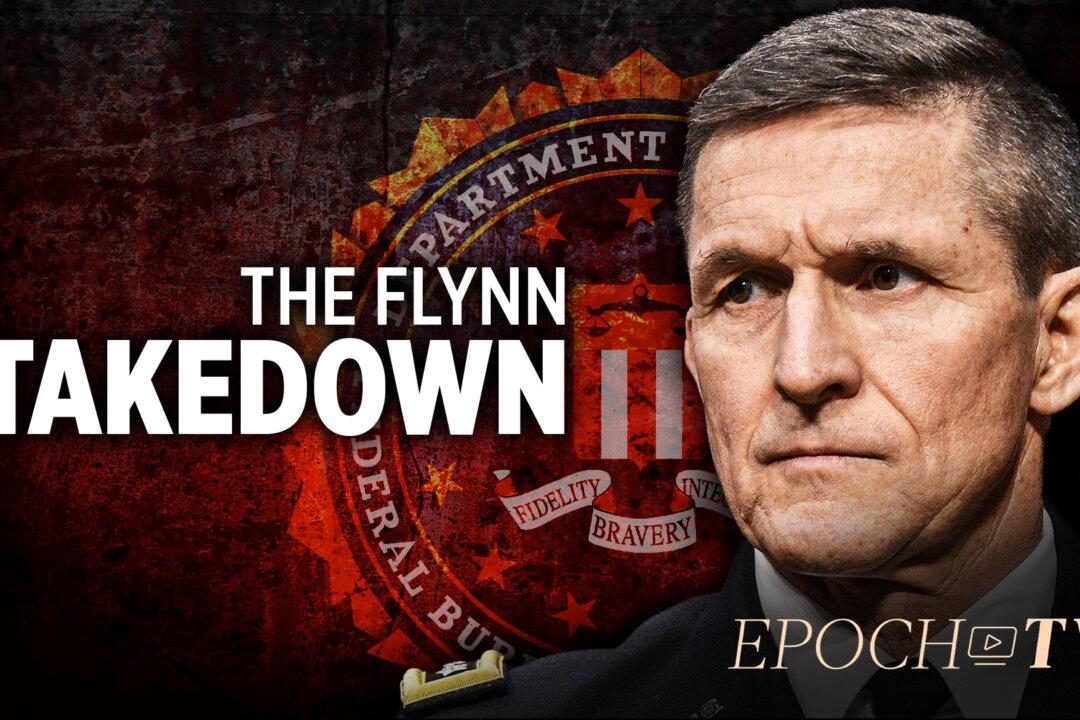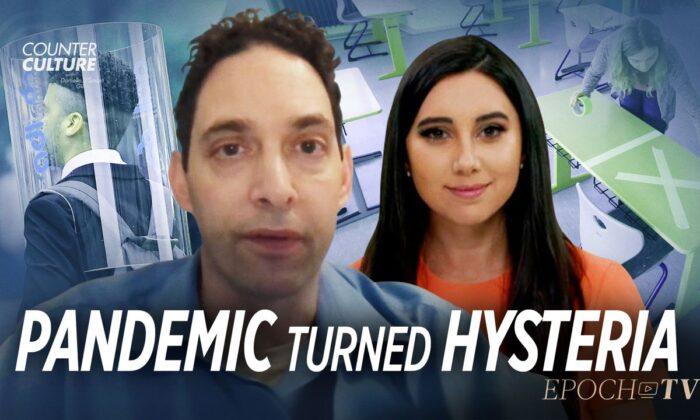Commentary
They say that those who refuse to learn from history are doomed to repeat it. That certainly seems to be the case these days with the rise in gas prices, inflation that the government has reluctantly admitted is likely to remain permanent, and the debacle in Afghanistan that is eerily similar to the fall of Saigon, at least in terms of optics. It’s like we’re living through the 1970s all over again, just without the fantastic rock and roll music. But the Aug. 12th episode of “Truth Over News” doesn’t deal with the current political climate, instead rolling back the clock to the great Red Scare, when Congress was obsessed with foreign actors infiltrating our society and corrupting our government.




